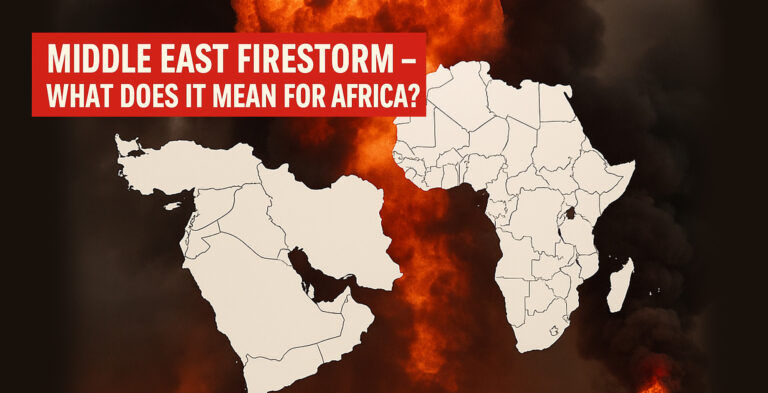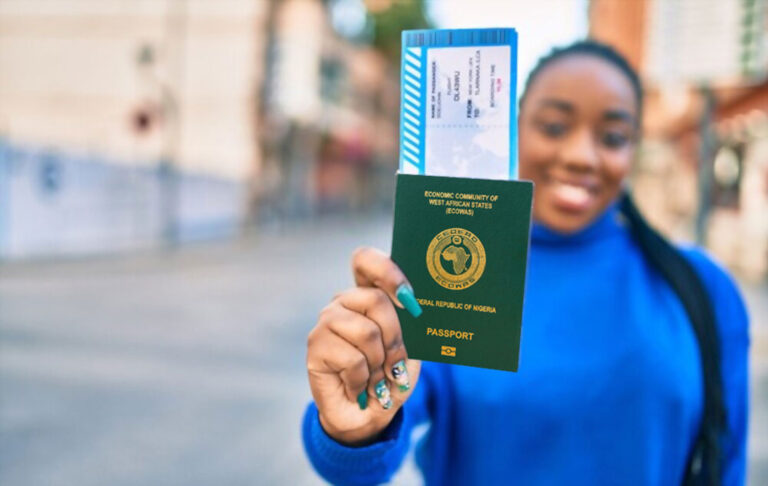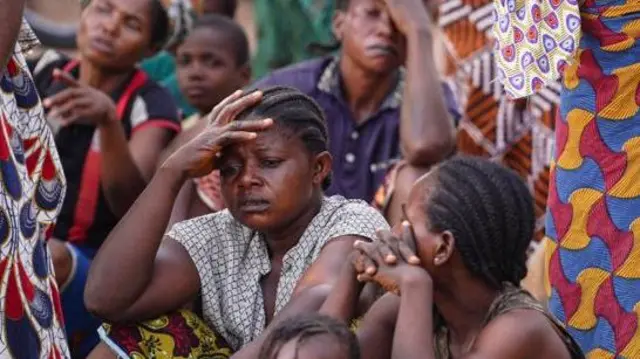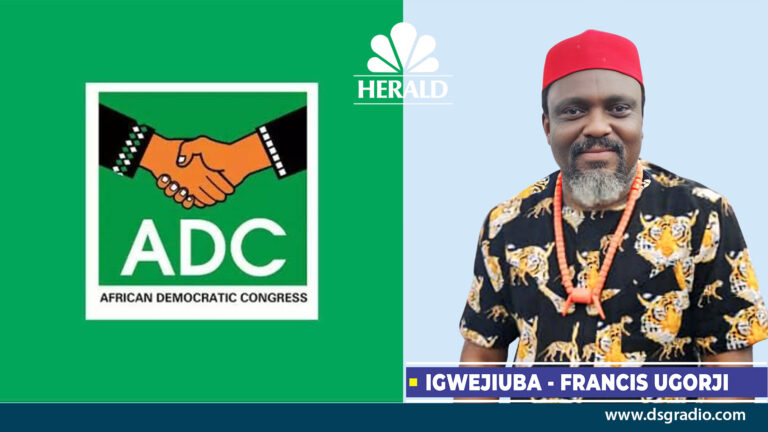
Ramaphosa Rejects Claims of White Persecution in South Africa
South African President Cyril Ramaphosa has dismissed claims that white citizens are being persecuted in the country. His response follows statements made by billionaire entrepreneur Elon Musk and former U.S. President Donald Trump, both of whom have suggested that white South Africans are being targeted. Ramaphosa dismissed these accusations as a “completely false narrative,” emphasizing that South Africa remains committed to equality and justice for all citizens.
The Origin of the White Persecution Claims
The claims about white persecution in South Africa have circulated for years. They are often linked to discussions about land reform, farm attacks, and broader racial tensions. Recently, Elon Musk amplified these concerns on social media, alleging that white farmers are victims of systemic violence. Donald Trump echoed similar sentiments during his presidency, instructing the U.S. State Department to investigate reports of land expropriation and violence against white farmers.
However, Ramaphosa dismisses white targeting claims, arguing that they are not based on factual evidence. He insists that South Africa’s legal and social structures do not discriminate against any racial group. The government, he asserts, is working to address economic disparities and historical injustices fairly and inclusively.
Government Response to the False Narrative of White Victimization
The South African government has been firm in rejecting the false narrative of white victimization. Officials argue that crime and violence affect all citizens, not just one racial group. Statistics from the South African Police Service (SAPS) indicate that violent crime is a widespread issue, impacting people across racial and economic lines.
Ramaphosa highlights that his administration is committed to upholding the rule of law. “There is no campaign or government policy aimed at persecuting white South Africans,” he said in a recent address. He added that spreading misinformation about white persecution in South Africa harms the country’s image and fuels unnecessary division.
Analyzing the Reality: Are White South Africans at Risk?
While farm attacks have been widely reported, experts caution against framing them as racially motivated genocide. Studies suggest that farmers of all races are vulnerable to crime due to their isolated locations. The Institute for Security Studies (ISS) notes that farm attacks are driven more by economic factors and organized crime rather than racial hatred.
Additionally, Ramaphosa dismisses white targeting claims by pointing out that the land reform process is being conducted within legal frameworks. The government seeks to correct historical injustices related to land ownership without violating property rights or promoting racial discrimination.
Reactions from Political and Social Groups
Different political and civil groups have responded to Ramaphosa’s statements in various ways:
- Supporters of Ramaphosa: Many South Africans agree with his stance, believing that the claims of white persecution in South Africa distract from more pressing issues like unemployment and economic inequality.
- Critics and Opposition Figures: Some opposition groups argue that the government must do more to address concerns about farm attacks and property rights.
- International Observers: Global media and foreign politicians remain divided, with some backing Musk and Trump’s statements and others supporting Ramaphosa’s position.
The Role of Social Media in Spreading Misinformation
The rise of social media has played a significant role in shaping public perception of this issue. Platforms like X (formerly Twitter), Facebook, and YouTube have been used to spread narratives about white persecution in South Africa. Some claims are based on isolated incidents, while others are exaggerated or taken out of context.
Ramaphosa warns that misinformation about South Africa can damage foreign relations and discourage investment. “We must be careful not to allow social media to dictate false narratives that divide our people,” he stated.
What’s Next for South Africa?
To move forward, South Africa must address real challenges such as crime, economic inequality, and social unity. The government continues implementing policies that promote fair land distribution, job creation, and security for all citizens, regardless of race.
The false narrative of white victimization remains a contentious topic. However, Ramaphosa’s firm dismissal of these claims reinforces his administration’s commitment to unity and justice. Whether his response will shift public opinion, both locally and internationally, remains to be seen.
Conclusion
President Cyril Ramaphosa has made it clear that the idea of white persecution in South Africa is unfounded. His rejection of these claims challenges narratives promoted by figures like Elon Musk and Donald Trump. As South Africa continues its journey towards equality and reconciliation, leaders urge the public to focus on factual evidence rather than misinformation.



